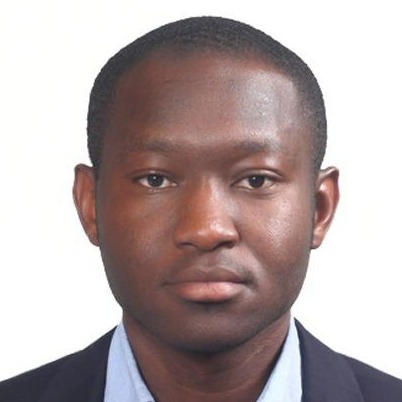Nana Yaw Oppong-Yeboah
Doctor of Philosophy candidate
Urban Planning, Urban Design, Behavioural Economics

Biography
Nana is a PhD candidate and a sessional academic/tutor at the Faculty of Architecture, Building and Planning. His PhD thesis focuses on modelling the complex relationship between land use-transport interaction and travel behaviour while incorporating the extent to which cultural-related travel perceptions/attitudes influence transport mode choice in the Accra City Region of Ghana with the Structural Equation Modelling and GIS. Nana’s research interest and expertise centre around city and regional development, sustainability, and strategic planning with specific reference to renewable energy modelling, designing and assessing the energy efficiency of buildings, spatial organisation, and land use-transport-interaction. He has also worked on a number of funded projects including investigating the influence of land use and transport system on weekend activities in Korea.
From 2016 – 2018, Nana was a Korean Government Scholar (KGSP) at Seoul National University (SNU) where he obtained a Master of City Planning Degree. During his time at SNU, he received the Best Conference Paper Award from Korea Planning Association which is the most prestigious planning body in South Korea. He also went on to receive the Best Thesis Award from the Department of Environmental Planning of SNU for excellence in research. Nana also has a bachelor’s degree (Honours) in Geography & Resource Development and Psychology from the University of Ghana (2012).
Thesis
Understanding Mobility Culture in the Global South: Lessons from three Informal Settlements in the Accra-City Region of Ghana
As urban mobility continues to form an inextricable bond with urban life coupled with a global push towards sustainability mobility, it has become imperative to explore and understand the intersectionality point between mobility practices, culture, and transport systems. This study is interdisciplinary in nature as it draws its epistemology and ontology from social and behavioural sciences including, urban economies, urban planning, and psychology. The objective of this research is to understand the extent to which cultural related travel attitudes and perceptions influences an individual’s travel behaviour within the existing transport system. It also seeks to predictive changing mobility patterns in the face of rapid economic growth, rising income, and changing dynamics (with regards to mode choice preference).
Additionally, the study seeks to model the increasingly complex interwoven interaction between socio-demographics, land use, cultural, and individual travel-related attitude/perception while recognising the constraints of the existing transport system. Using the mixed-method research approach, this study will systematically integrate both qualitative and quantitative data and analytical methods and techniques to unpack the nature and extent of complexity. Understanding the relationship between land use-transport interaction and travel behaviour will ultimately shape strategic land use planning and policy to promote sustainable urban mobility in an increasingly warming global climate.